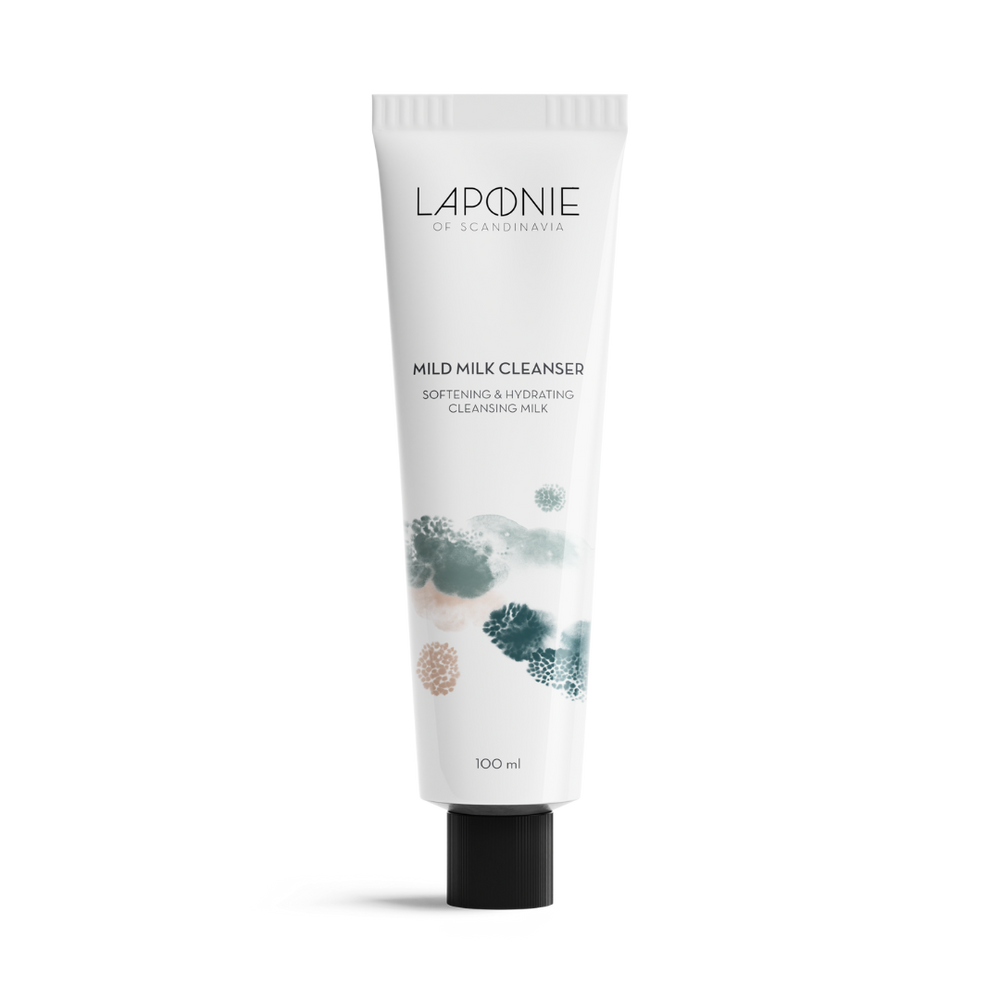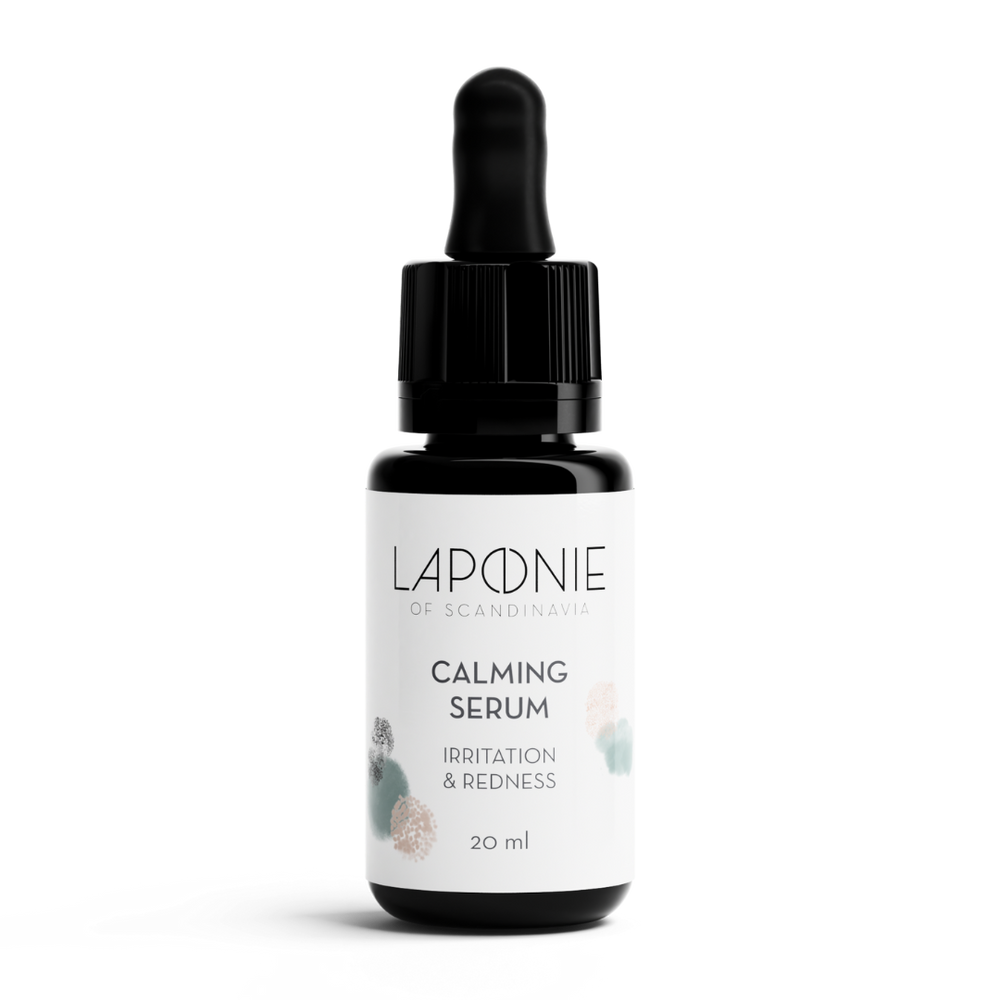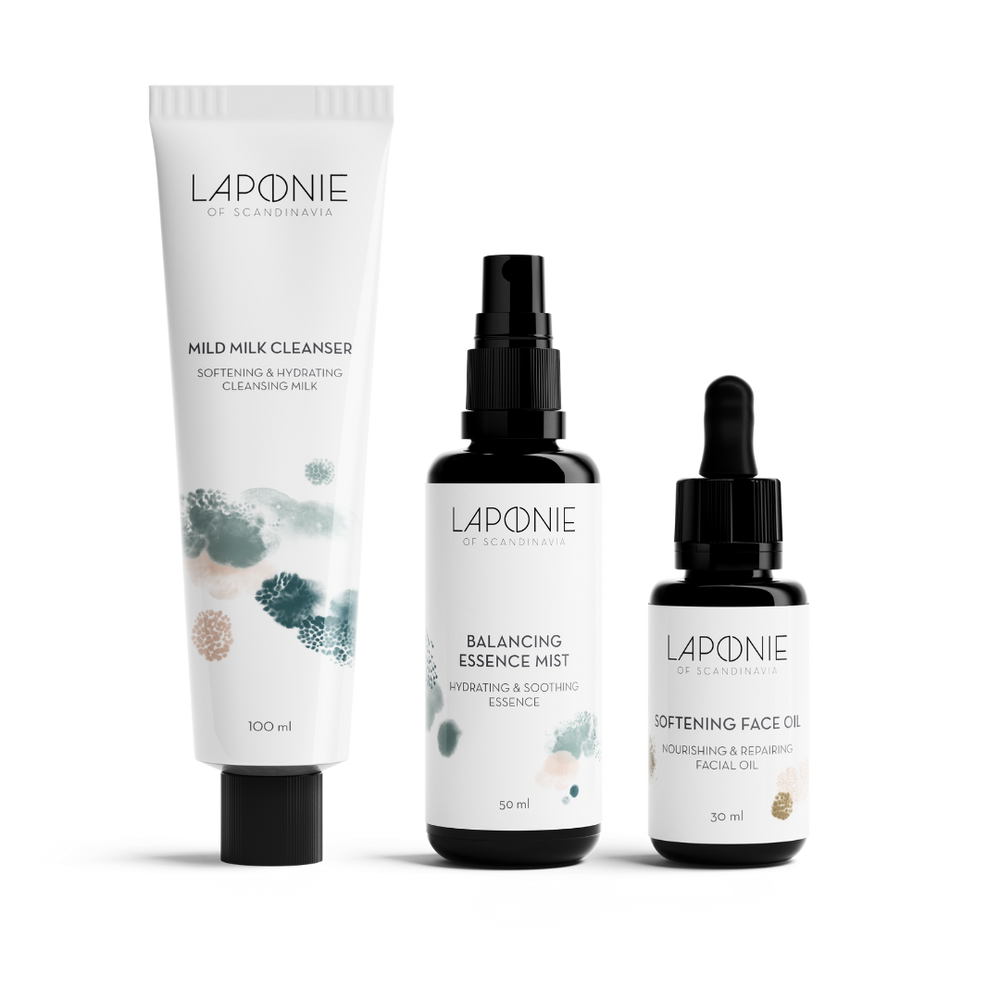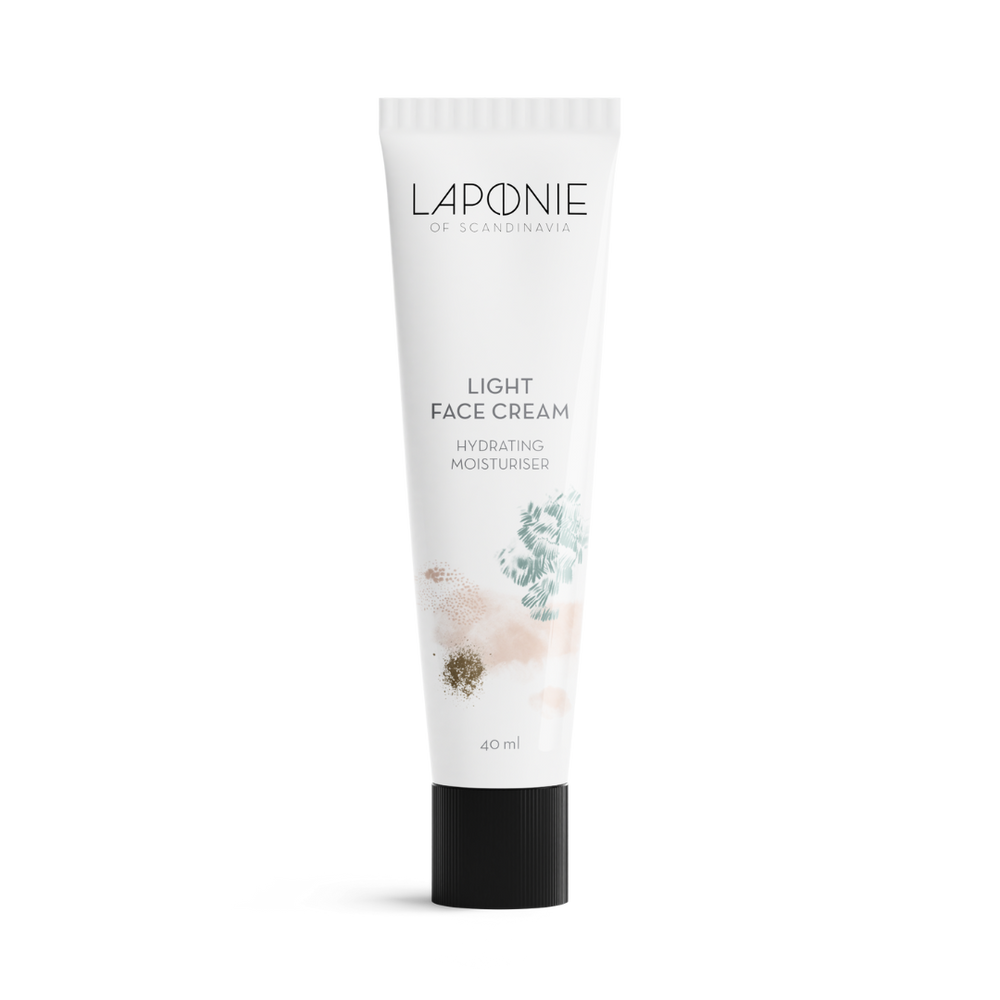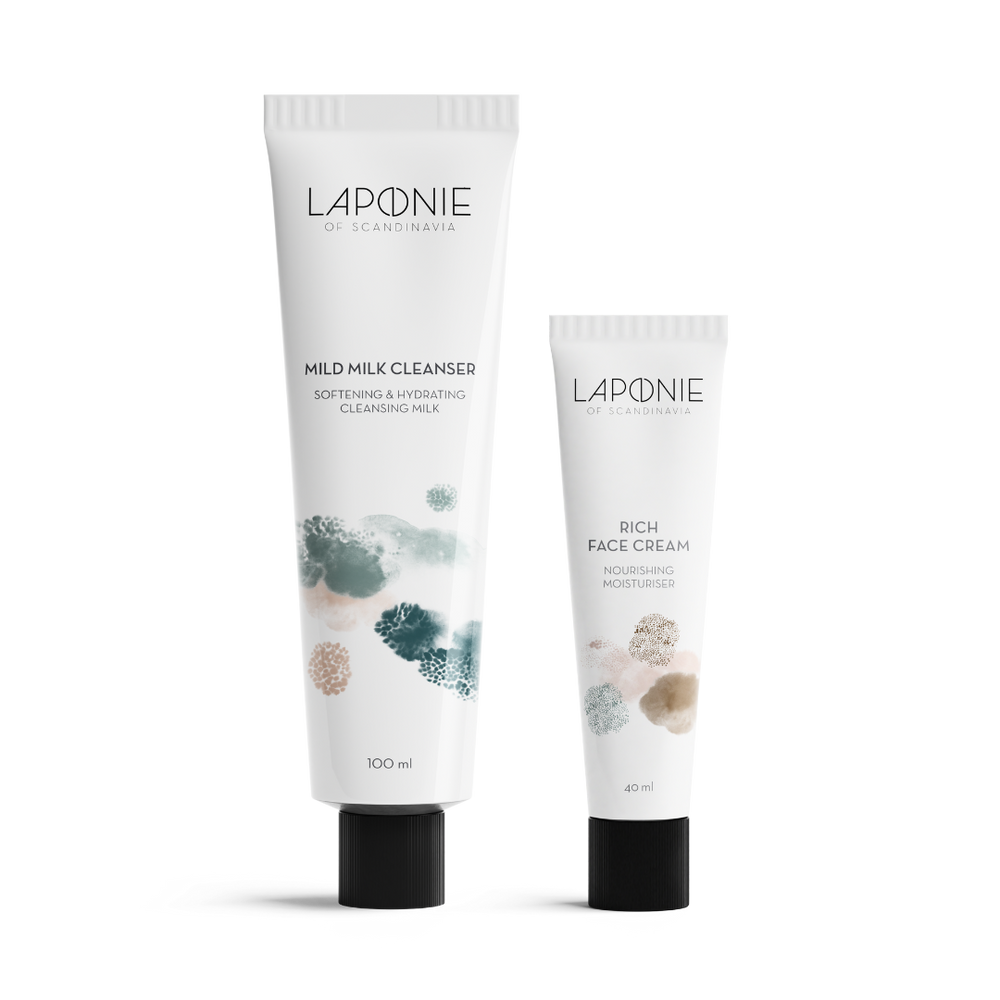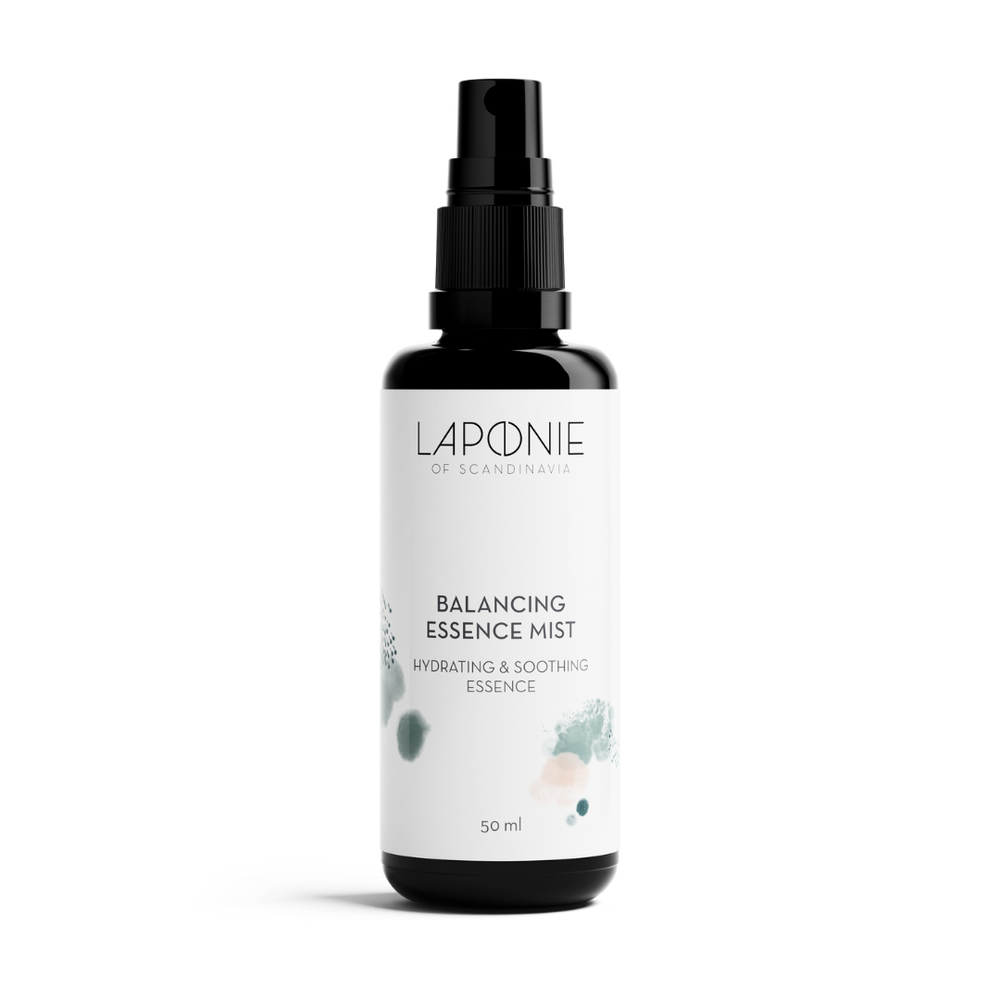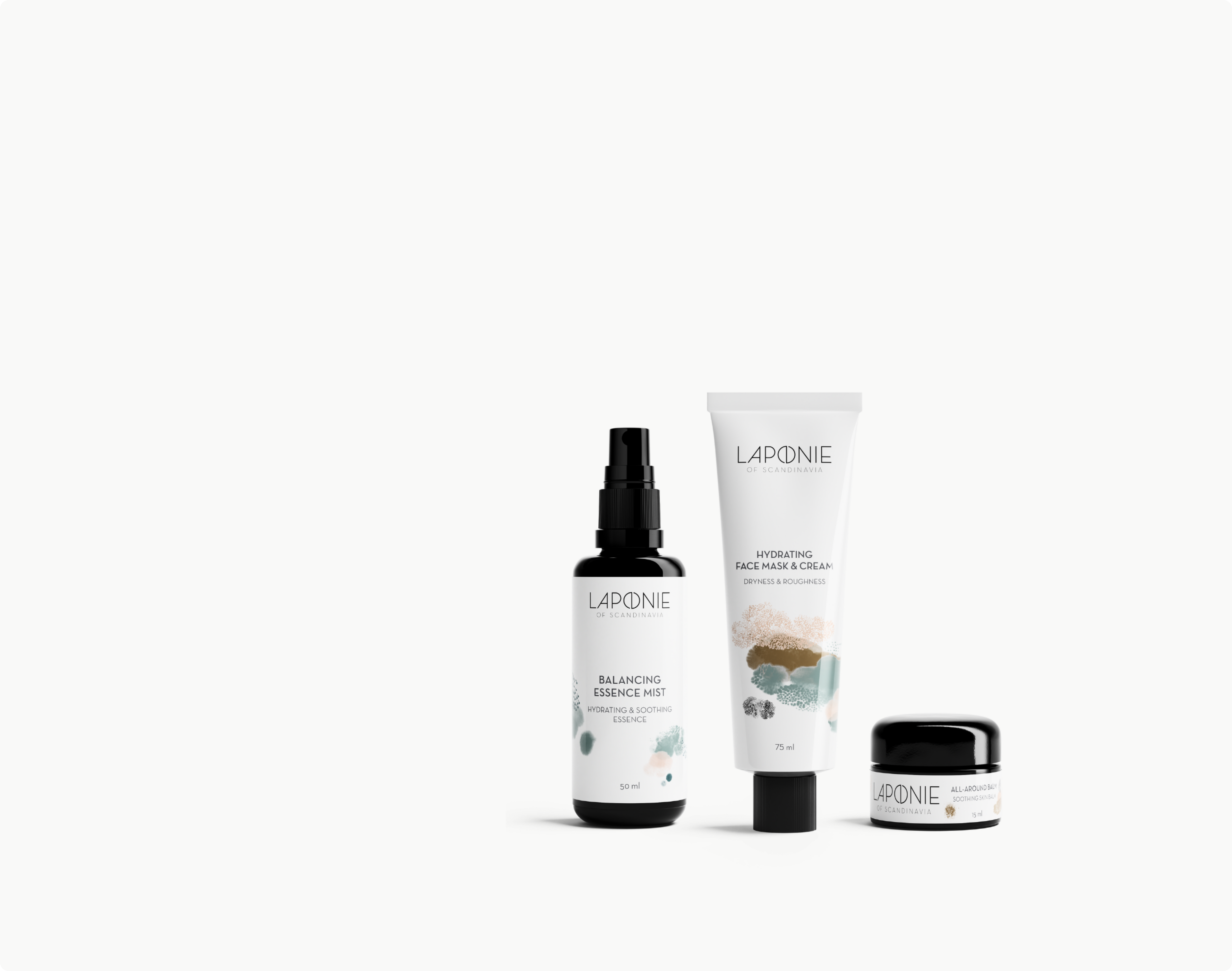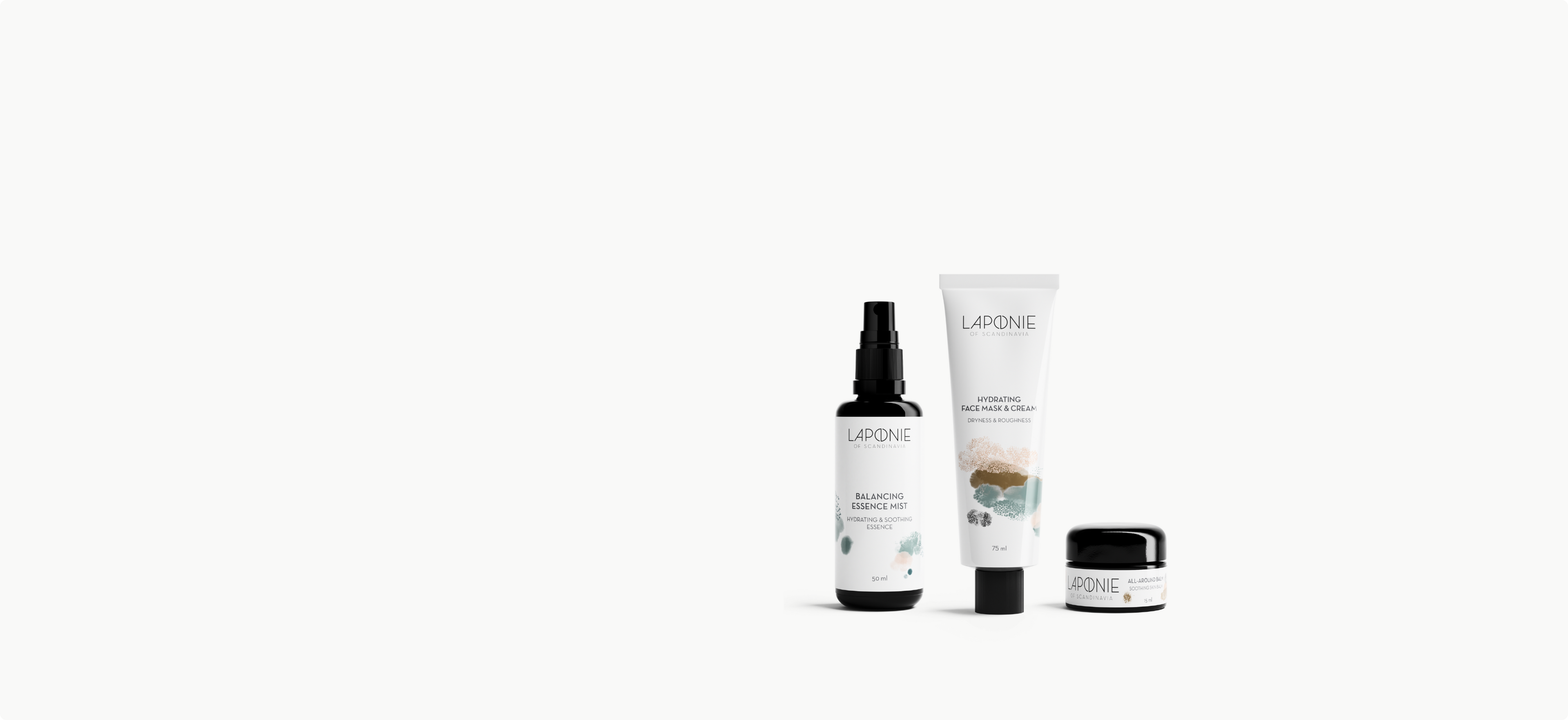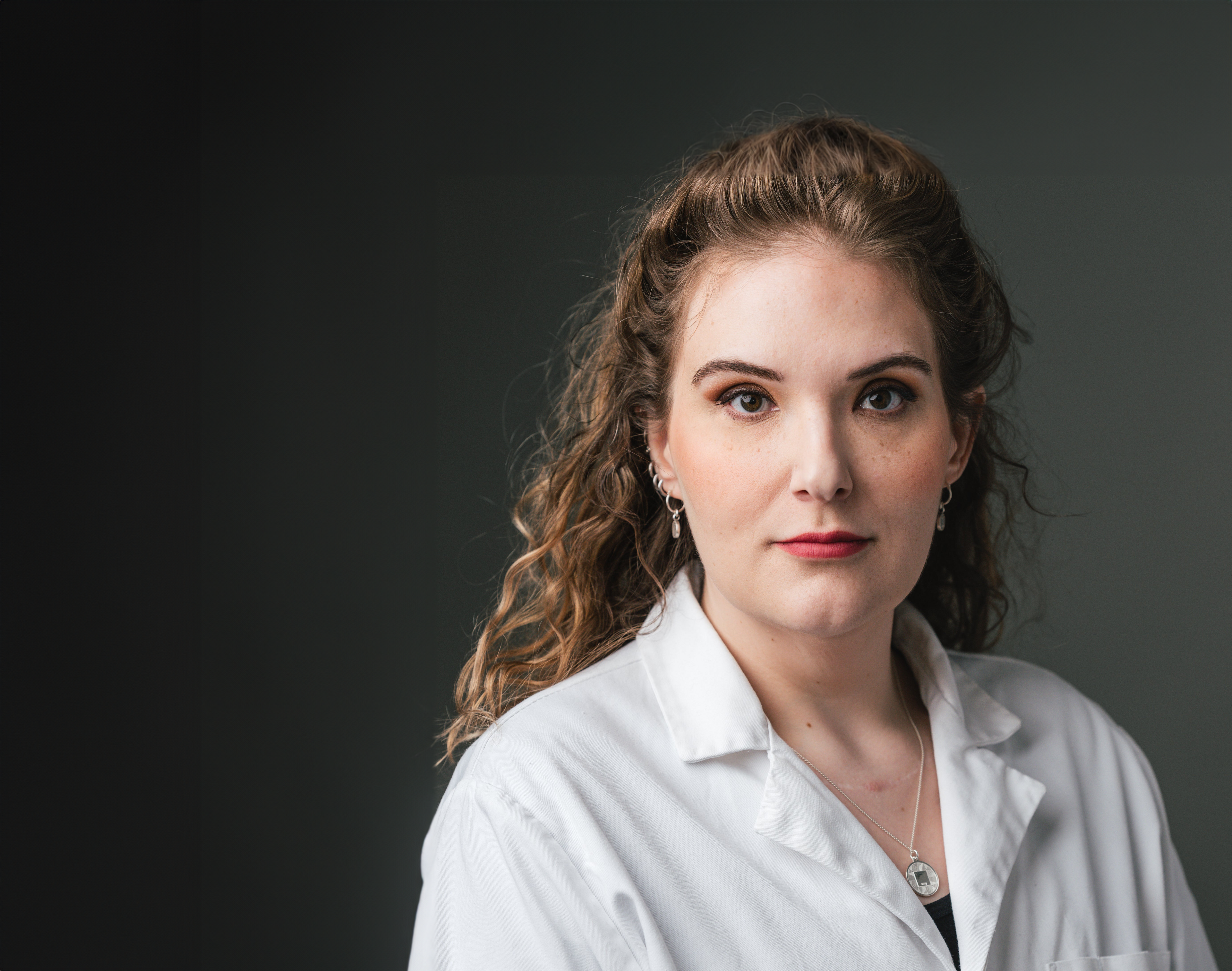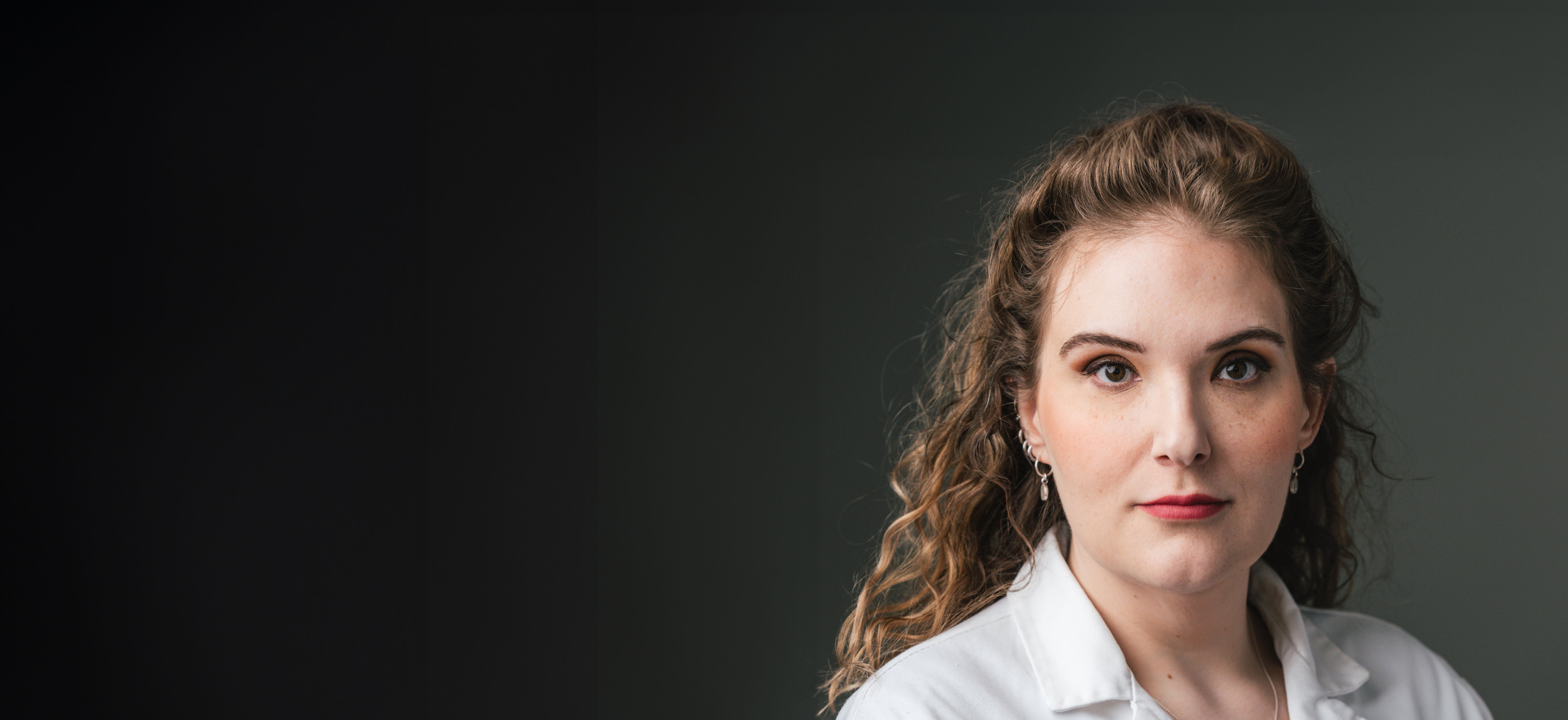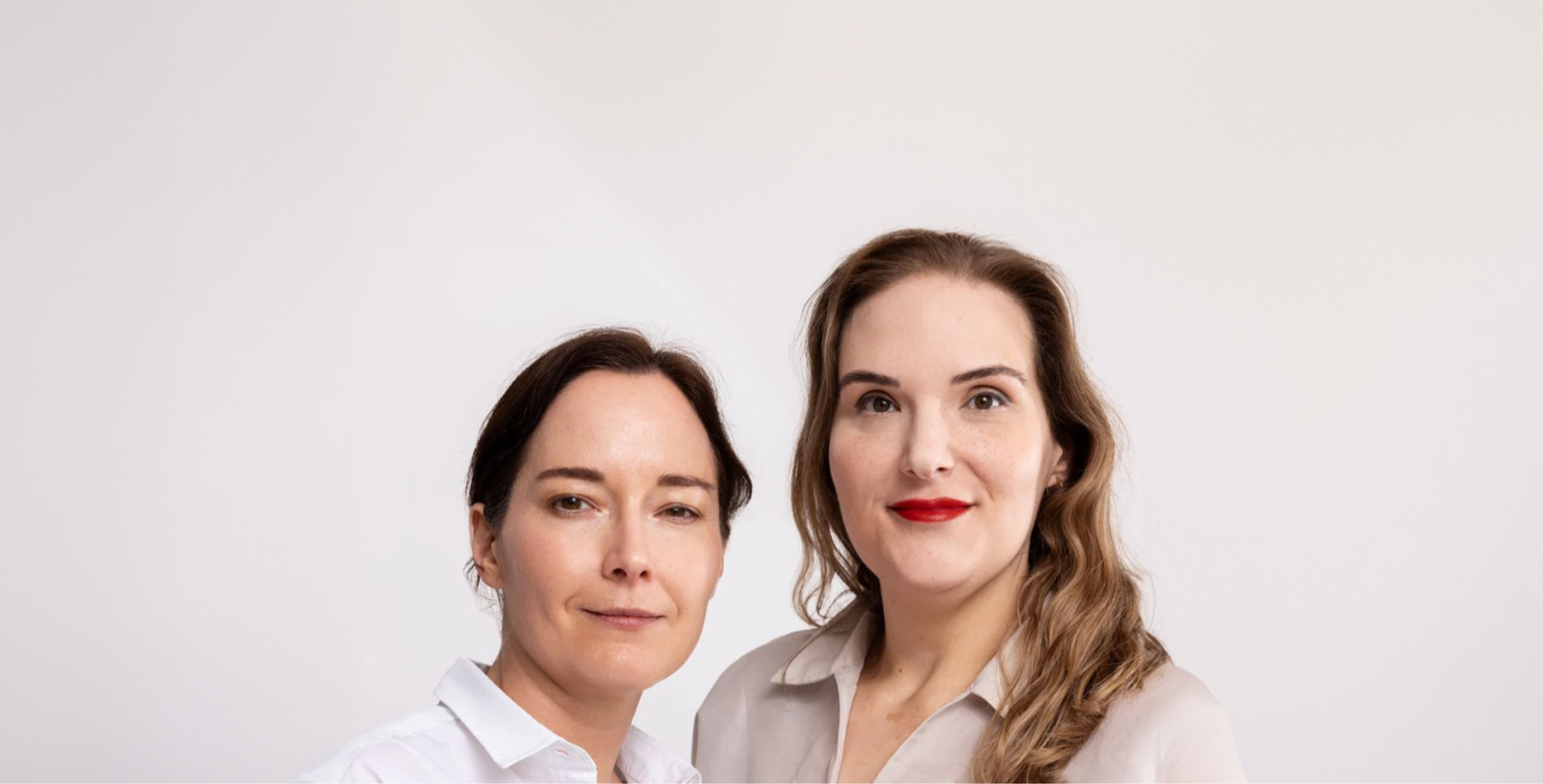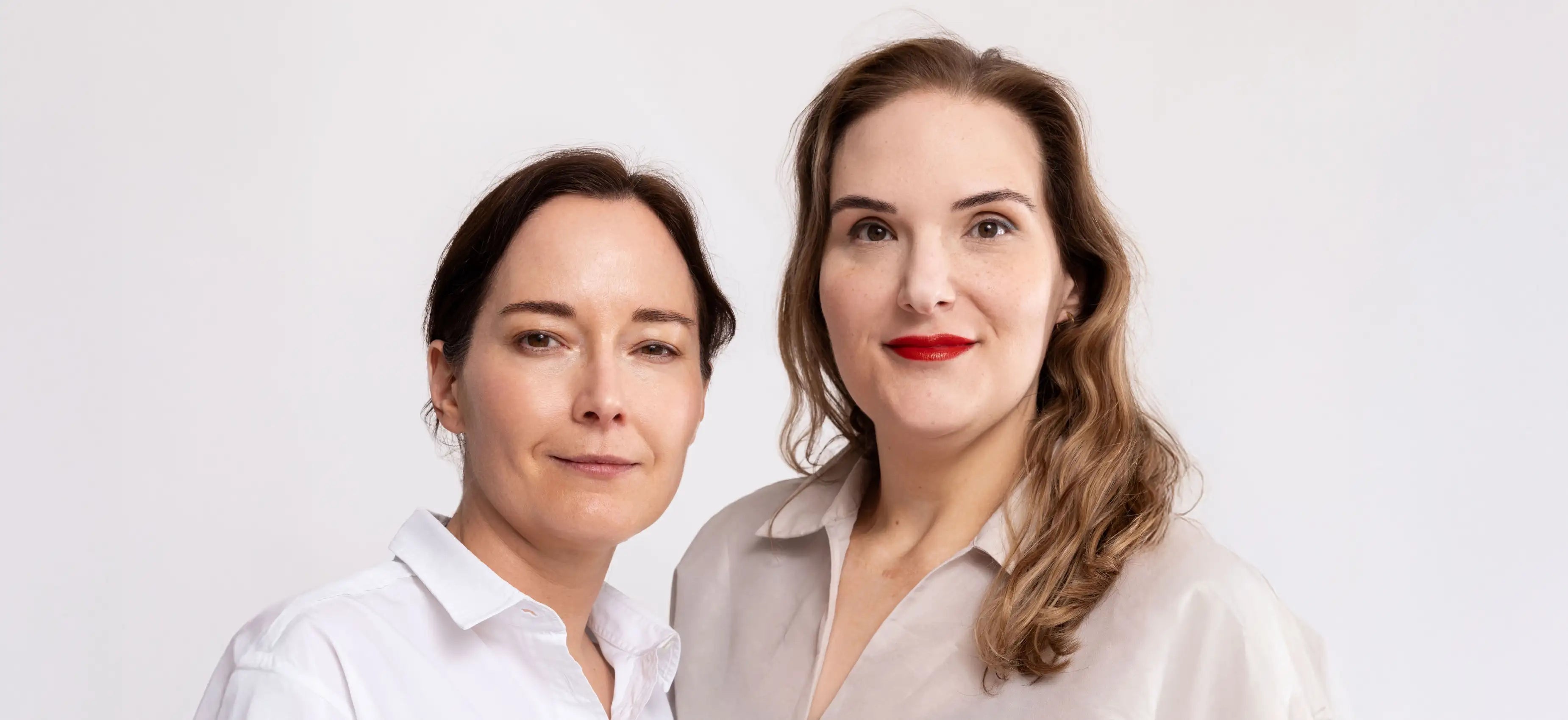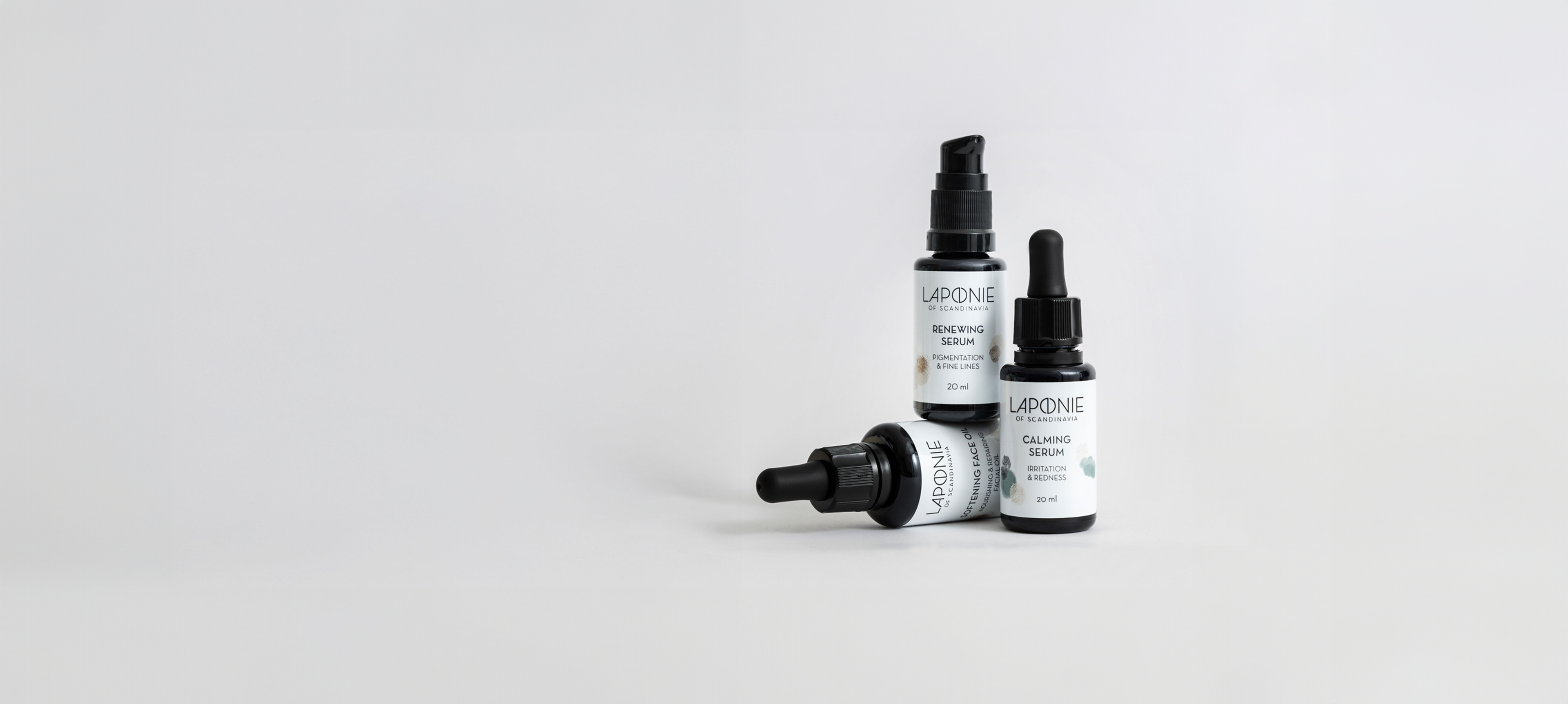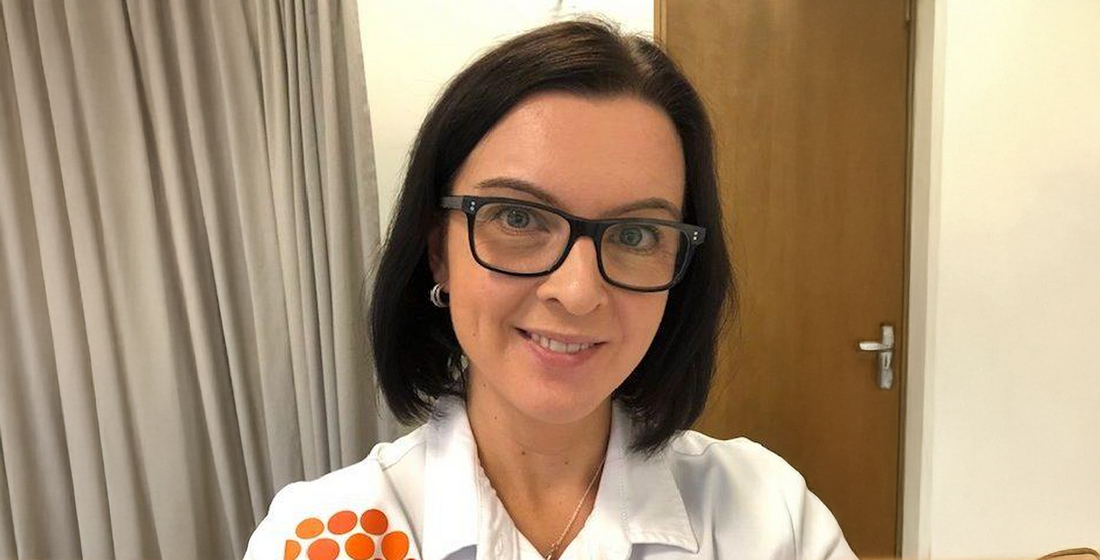
Laponie (L): What is acne from a dermatological point of view?
Marika Schröder (MS): Acne is an inflammation in the skin’s hair follicles and adjacent sebaceous (oil) glands. It causes pimples and sometimes larger boils in the face and on other areas of the skin with large amounts of oil glands, such as the chest and back. Acne is a common and chronic disease, with a 60-80% occurrence. It affects both men and women equally. It is most common during puberty but can also affect adults (i.e. adult acne). Severe acne may leave scars.
Acne is divided into different subtypes, which may occur simultaneously: comedogenic acne, regular acne, cystic acne and other forms of severe cystic acne.
L: How is acne diagnosed?
MS: Acne is diagnosed based on the patient’s medical history and clinical picture. The symptoms are red and white pimples and blackheads on the face, chest, back and neck.
L: What are the root causes of acne?
MS: Acne is an internal diseases, with a multitude of underlying causes. It’s often genetic, and a large number of cases might be found in the patient’s immediate family.
For acne, root causes are age, genetics, hormones and external factors such as medication, illness and to some extent food.
L: What are the most common treatments for acne and rosacea?
MS: Treatment is chosen according to the patient’s subtype and severity of the disease.
For milder forms of acne, topical treatment with over the counter or prescription products containing e.g. azelaic acid, benzoyl peroxide, salicylic acid, antibiotics and retinoids often used. In the case of more severe forms, oral antibiotics, isotretinoin and contraceptive pills are prescribed. With acne, the effects of treatment are typically slow, and the patient should be motivated to follow long-term treatment. It’s important to acknowledge that acne may cause cosmetic concern and also affect self-esteem. Especially regarding scarring and acne, it is important to start isotretinoin as soon as possible, to minimise the risk of permanent facial scars that are really difficult and expensive to treat later on.
L: What type of skincare products should acne and rosacea patients use?
MS: As a general guideline, products which don’t clog pores or irritate skin.
Marika Schröder (MD, PhD) is a Finnish specialist in dermatology with years of experience diagnosing and treating skin cancer and skin diseases, working both surgically and with laser. Dr Schröder is interested in aesthetic skin procedures and has in-depth knowledge of new treatment forms for acne and rosacea. She heads the Skin and Aesthetics Division at Pihlajalinna Hospital in the area of Helsinki. Pihlajalinna is one of Finland’s leading providers of social and healthcare services.


